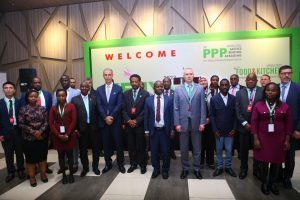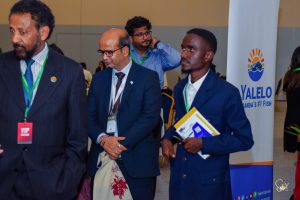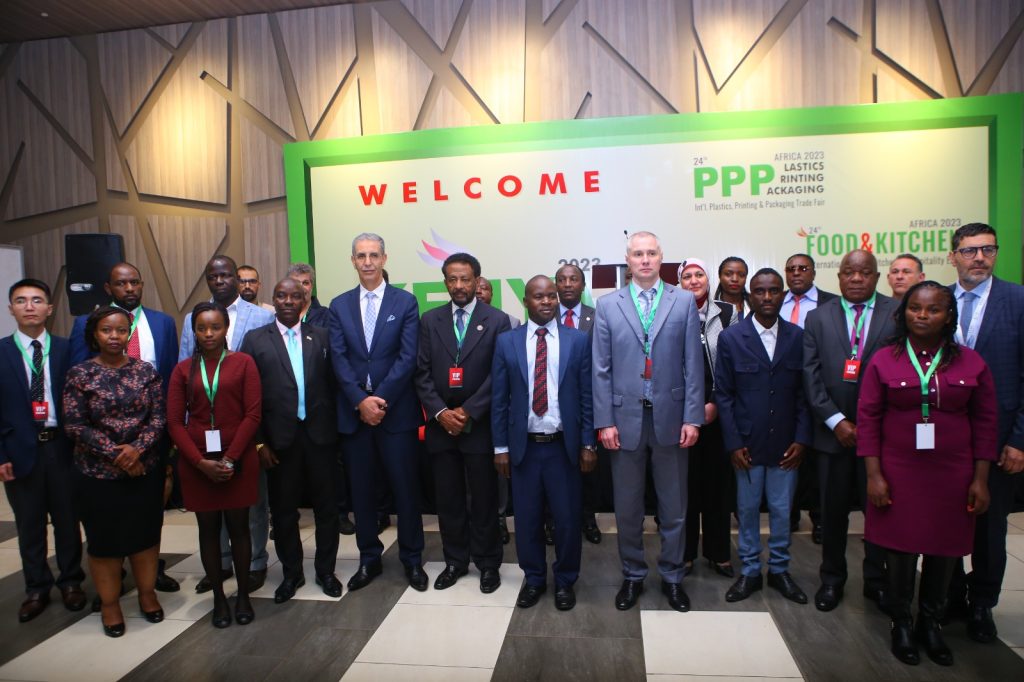The Kenya International Trade Exhibition (KITE) represents a significant trade fair that originated in 1997. It is held annually at the Sarit Expo Centre in Nairobi, Kenya. The exhibition is organized by the Expo Group UAE, a company from the United Arab Emirates that specializes in the planning and execution of exhibitions and trade fairs. KITE encompasses a wide variety of topics and sectors.

The main areas include FoodAgro, covering the food, hotel, and agriculture sector, MedExpo for the medical and pharmaceutical sector, PPPExpo for the plastic, printing, and packaging sector, and IndusMash, representing the industrial and consumer sector. The exhibitors present a broad spectrum of products and services, ranging from IT, telecommunications, and electronics, construction materials and industrial machinery, to consumer goods and household goods, healthcare, clothing and textiles, handicrafts, and toys.

It is on the basis of its objectives that Afroagriprenurrs Network, one of the largest farmer networks in Africa with more than 100,000 smallholders has been asked to finally take part in building great relationships between its farmers and major Asian exporters and Europeans.

Afroagripreneurs Network always invites agricultural initiatives to register on the link https://afroagripreneurs.com/company/ or write directly to the mail address [email protected] to have as much information as possible on our partnerships with areas related to sustainable agriculture.

Trade in food and agricultural products is vital and will be even more so in this new century. It is critical for export-dependent populations, including a number of developing countries where a surge in demand is projected for agricultural imports, as rising domestic consumption exceeds production potential. Trade in agricultural products is economically vital for farmers in exporting countries who seek to sell their products in international markets to ensure reliable livelihoods. This is the case for many developing countries. Less obviously, this trade is also economically vital for countries that have the capacity to produce most of the food and raw materials they need, but prefer to concentrate on other sectors where they have a competitive advantage, while importing products at prices below the cost if they produced them in their country.

